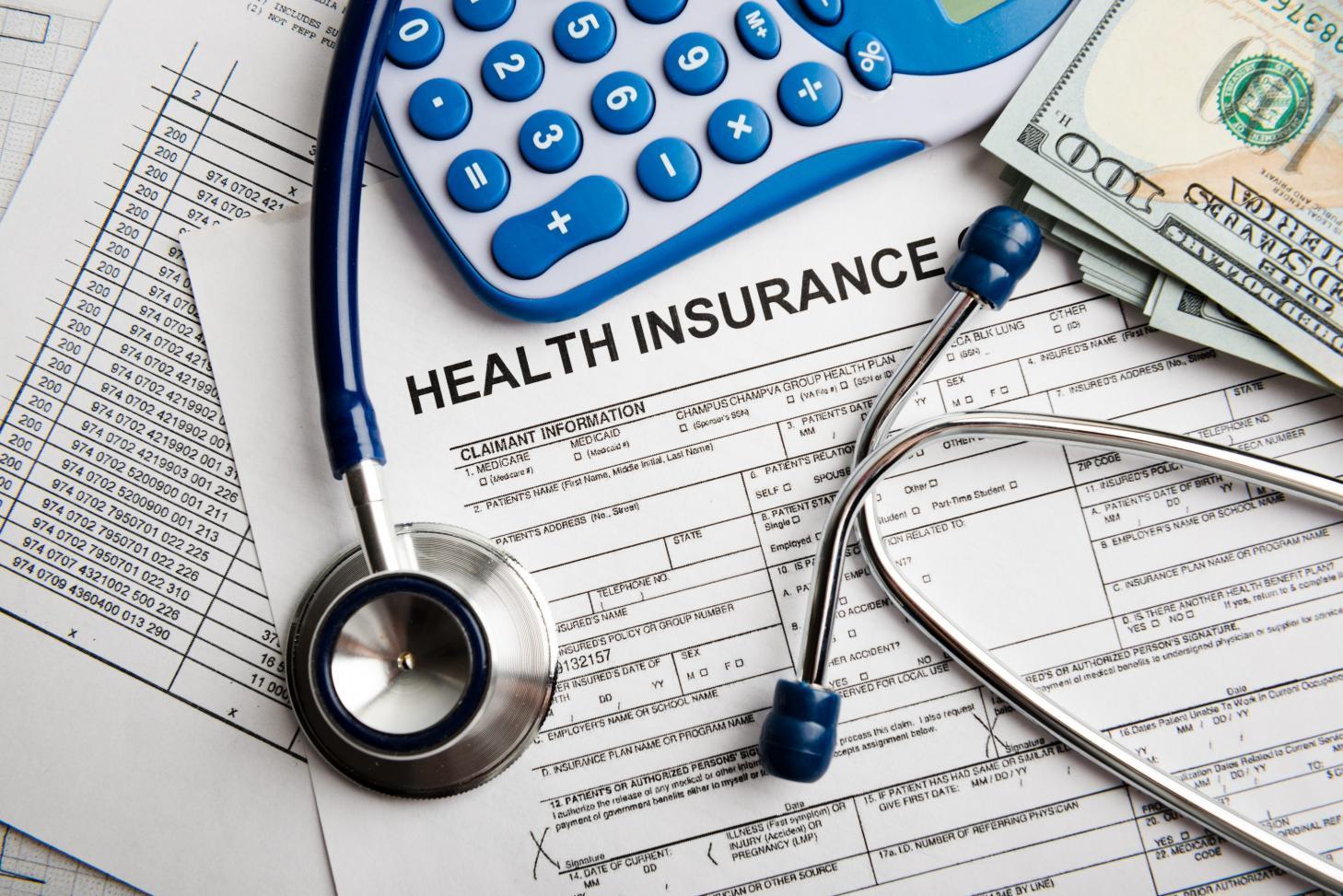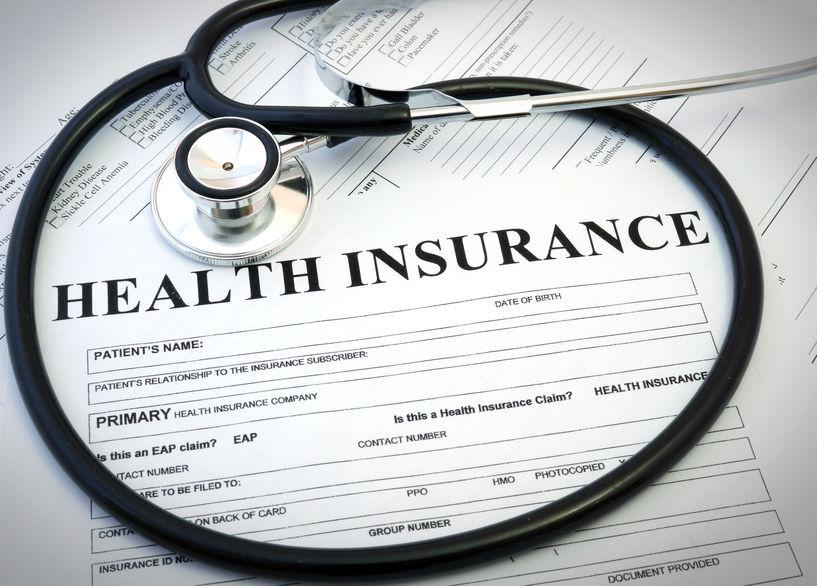In the labyrinthine world of personal finance, few decisions are as perplexing as the choice to maintain or cancel health insurance when you’re blessed with good health. Imagine standing at the crossroads of fiscal prudence and peace of mind, where the echoes of actuarial tables and the whispers of what-ifs compete for your attention. You’re not alone in this conundrum; countless individuals grapple with the same dilemma, pondering whether their current vitality justifies the risk of flying without the safety net of health coverage. As we delve into this intricate dance between well-being and wallet, let’s unravel the complexities and empower you with the confidence to make a decision that aligns with both your financial goals and your health aspirations.
Evaluating the Financial Risks of Going Uninsured
When considering whether to forgo health insurance, it’s crucial to weigh the potential financial implications. While it might seem like a savvy move to save on premiums, especially when you’re in excellent health, unexpected medical events can lead to financial turmoil. Imagine the sudden need for emergency surgery or an unexpected chronic illness diagnosis—without insurance, these situations can result in overwhelming medical bills. Here are some financial risks to consider:
- Out-of-pocket Costs: Even minor medical procedures can cost thousands of dollars without the cushion of insurance.
- Emergency Care: Accidents happen. An unexpected trip to the ER could deplete your savings rapidly.
- Chronic Conditions: Being uninsured might force you to skip necessary treatments, leading to long-term health and financial consequences.
Going without insurance is akin to walking a tightrope without a safety net. While the upfront savings might be tempting, the potential for devastating financial repercussions should not be underestimated. Always assess your individual risk tolerance and financial stability before making such a critical decision.

Understanding the Hidden Costs of Medical Emergencies
When considering the cancellation of health insurance due to good health, it’s crucial to weigh the hidden costs of medical emergencies that can arise unexpectedly. While you may feel invincible now, the reality is that medical emergencies do not discriminate based on current health status. Here are some potential financial burdens to consider:
- Emergency Room Visits: These can easily run into thousands of dollars, even for minor issues.
- Ambulance Fees: Emergency transport can cost several hundred to over a thousand dollars, often not fully covered without insurance.
- Specialist Consultations: Seeing a specialist without insurance can be exorbitant, especially for urgent care.
- Diagnostic Tests: MRI scans, blood tests, and X-rays can accumulate significant costs quickly.
- Hospital Stays: An unexpected hospitalization can lead to astronomical bills, potentially impacting financial stability for years.
Maintaining health insurance acts as a safeguard against these unforeseen expenses, ensuring that an unexpected health crisis doesn’t evolve into a financial catastrophe. With the peace of mind that comes from being covered, you can focus on recovery rather than costs.

Balancing Peace of Mind with Monthly Premiums
When contemplating the decision to maintain or cancel health insurance, especially in times of robust health, it’s essential to weigh the assurance it provides against the monthly financial outlay. Peace of mind is invaluable, yet it often comes with a price tag in the form of premiums. To navigate this decision, consider these factors:
- Unexpected Health Events: Even the healthiest individuals can face unforeseen medical emergencies. Insurance can serve as a safety net, cushioning against sudden financial burdens.
- Long-term Health Planning: Staying insured can facilitate access to preventative care, helping to maintain your health status and possibly catching potential issues early.
- Cost-Benefit Analysis: Evaluate the premium costs against potential medical expenses. Sometimes, the peace of mind derived from being covered outweighs the immediate savings from canceling your policy.
Ultimately, while the lure of saving on premiums is tempting, the broader perspective of security and preparedness should not be overlooked. Balancing these elements is crucial in making an informed choice that aligns with both your financial and health-related goals.


